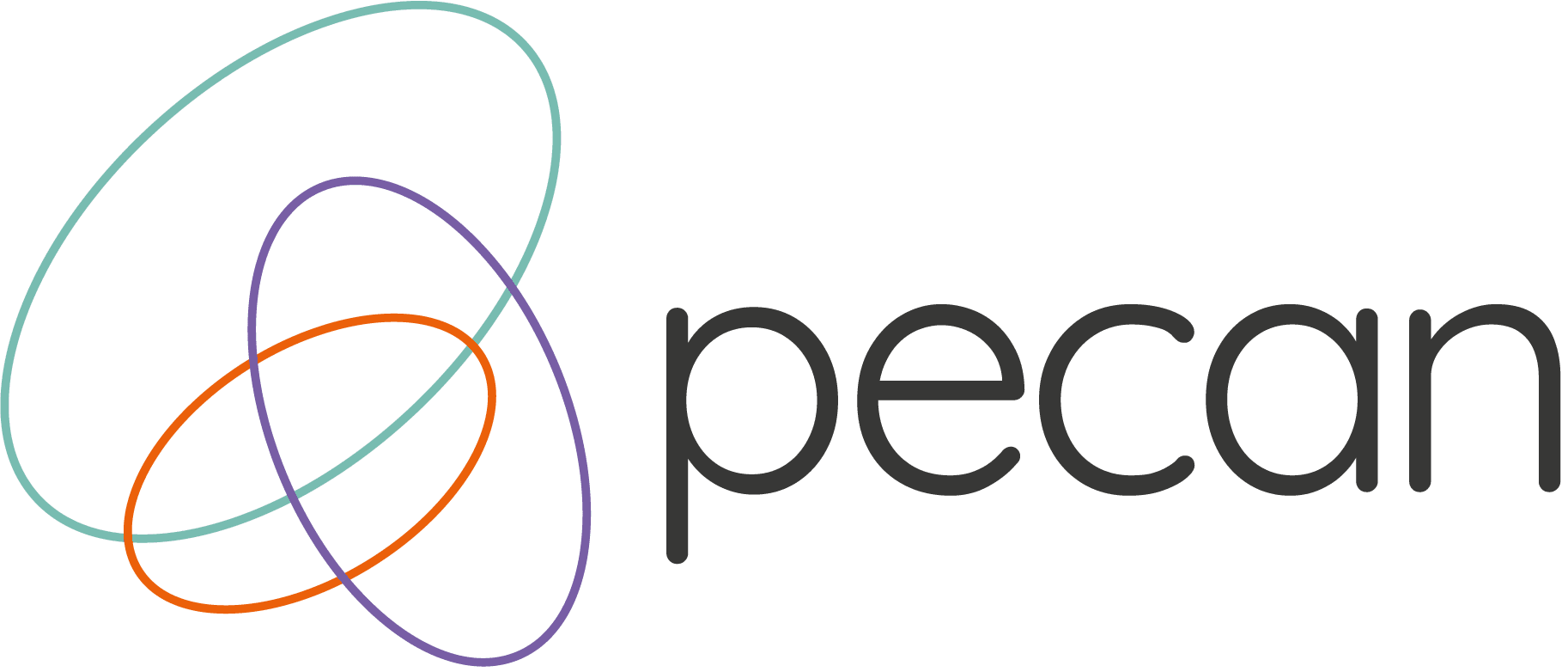Hybrid working refresh
Most organisations have moved to some form of hybrid working as a result of the Covid-19 pandemic. The benefits and challenges are well researched yet many workplaces are ‘making do’ with an approach that isn’t proactively adding value to the organisation.
When it’s done well and with clear intentions, hybrid working can promote and reinforce productivity, engagement and retention . But when it’s done ineffectively or haphazardly, it can foster negative behaviours and make high performance harder to achieve .
We help organisations ensure that, for them, hybrid working is the ‘wind in their sails’ for positive culture change and strategy delivery, rather than slowing them down or pushing them off course
When ways of working have become the norm, it is essential to create space to stop and reflect on the causes and impact of current practices.
Engaging everyone in dialogue about the current ways of working is key: whether wholly office-based, remote, or hybrid. Understanding what people like and dislike about the different environments, how they impact on tangible performance metrics such as efficiency, costs and productivity, as well as the intangibles such as a sense of connection, belonging and team identity .
We provide you with
- A short organisational survey to collect quantitative and qualitive data confidentially
- A Team Conversation Guide to review and reflect locally in a safe, inclusive and effective way

Sharing personal change journeys can help people feel comfortable talking about their experiences of hybrid and remote work
Many hybrid working approaches centre around stipulating a fixed number of days in the office per week.
In our experience this rarely creates optimum results and overlooks important factors such as the impact on customers’ experience and the changing needs of employees through their lifecycle at work.
We work with you to use the Review and Reflect insight gathered to establish a small number of guiding principles that set mutual expectations across the organisation.
Our Team Game Plan and Conversation Guide enables each people leader to apply these principles in a way that is appropriate with their team. The conversations reach a consensus on the behaviours and working practices that will help the team achieve their outcomes and work for each individual as far as possible. There’s no one size fits all: the ‘best’ approach will depend on the nature of the work and the business.
Team performance relies on both productivity and wellbeing, compromises are often needed for the whole team to perform at its best

Leading hybrid teams does not come naturally to everyone. Leaders at all levels may need skills development to create the team culture they need.
Teams must review their Game Plan frequently to reflect openly on what’s working and what’s not.
Feedback should be gathered from people impacted by the team such as other teams and external stakeholders, to fully understand how working practices are impacting productivity, wellbeing, profitability and customer experience.
Temporary changes maybe needed, for example to quickly and effectively on-board new team members.

